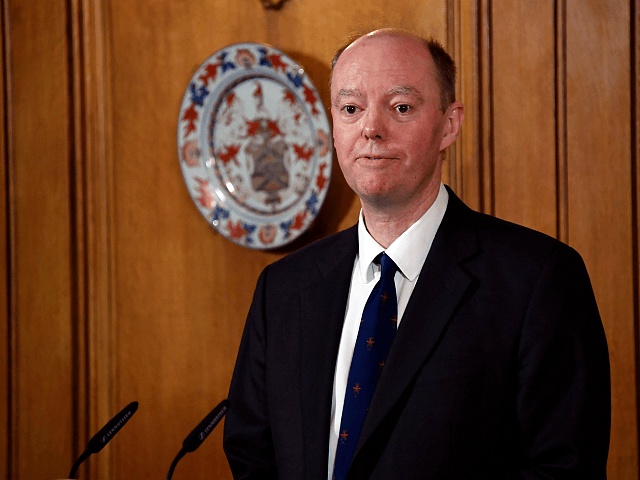Britain’s response to the coronavirus crisis has been seriously impaired by Public Health England (PHE), which has proved itself to be “dangerously slow, excessively bureaucratic, and hostile to outsiders and innovation”.
These are the words of a damning report by Matthew Lesh of the free market think tank the Adam Smith Institute (ASI).
This institutionalised incompetence and sclerosis may well explain why Britain has plummeted to the bottom quarter of Organisation for Economic Co-operation and Development (OECD) countries for Covid-19 diagnostic testing, per capita.
South Korea has tested four times as many people as the United Kingdom, Germany almost three times as many, and the United States now almost twice as many, per capita.
➡️ The early decision to centralise testing to a single Public Health England (PHE) laboratory, and a single in-house test, has hampered the ability to increase testing in the UK.
➡️ PHE has been dangerously slow, excessively bureaucratic and hostile to outsiders and innovation pic.twitter.com/rYdjPeYLYN
— Adam Smith Institute (@ASI) April 1, 2020
Lesh pins the blame mainly on the statist bureaucracy mentality of Public Health England (PHE). When the need arose for rapid testing, other developed countries rose to the occasion by encouraging private laboratories to compete to produce as many test kits as they could: as a result in Germany, South Korea and the U.S., the testing capacity rapidly increased.
Not so in Britain, however, which continued to cleave to the top-down rationing model ingrained in Britain’s creaking healthcare system, a legacy of post-Second World War socialism.
PHE insisted at first that testing could only be conducted in one official lab in Colindale, North London.
Anyone who has seen the Sky series Chernobyl will recognise the kind of stolid, bureaucratic mindset captured in this damning paragraph from the report:
The UK’s COVID-19 testing has been dangerously slow, excessively bureaucratic and hostile to outsiders and innovation. There appears to be an innate distrust of outsiders. PHE has actively discouraged use of private sector testing. Even within the system, the process for testing and validation is very centralised.
And:
PHE has also been slow to approve additional tests, and has as-yet not approved private sector testing. A senior academic who has worked across UK laboratories raised concerns about bureaucratic fiefdoms undermining the expansion of testing. “If I’m running a lab where every sample of a really interesting new disease has to come to me for testing, then I am in control of the data,” the academic said. It has also been reported that the UK intentionally did not pursue a strategy of widespread testing, instead preferring a mitigation strategy in which the outbreak would not be suppressed initially.This has left the UK without necessary testing capacity, only made more problematic by shortages in raw materials.
Private sector firms which have offered their services have been rejected for what may partly be ideological reasons. Unlike, say, Germany, where there is no centralised state health service — clinics and hospitals are independent, very often run by charities, and funded by mandatory health insurance — Britain’s NHS is an essentially socialistic model which fetishises the state and abhors the private sector.
In the Spectator, Matt Ridley provides further evidence that the leftist ideologues who infest Britain’s bloated, self-serving, inefficient healthcare bureaucracy are peevishly rejecting numerous offers from the private sector for political reasons:
Here, private-sector providers were banging on the door of the NHS throughout, offering to do testing. These were not cranks and charlatans, but reputable firms like Northern-Ireland based Randox, one of the biggest manufacturers of diagnostic tests in the world (and the list of companies trying to help includes, I hereby disclose, QuantumDX, a Newcastle based startup in which I became an early stage investor several years ago). I have spoken to neither of these two firms lest they think I am the source for this article and become subject to retribution, but I have heard rumours from others that conversations became heated.
This reluctance of the NHS to buy new tests is not new. One diagnostic industry insider complained to me some years ago that ‘I can sell in 140 countries, but the country I find hardest to crack is my own’.
Many people have sought to fetishise Britain’s health bureaucracy as the nation’s saviour during this crisis. No disrespect to the doctors and nurses doing their bit. But the sclerotic bureaucracy that rules the healthcare system itself is an abject disaster and a national embarrassment.

COMMENTS
Please let us know if you're having issues with commenting.